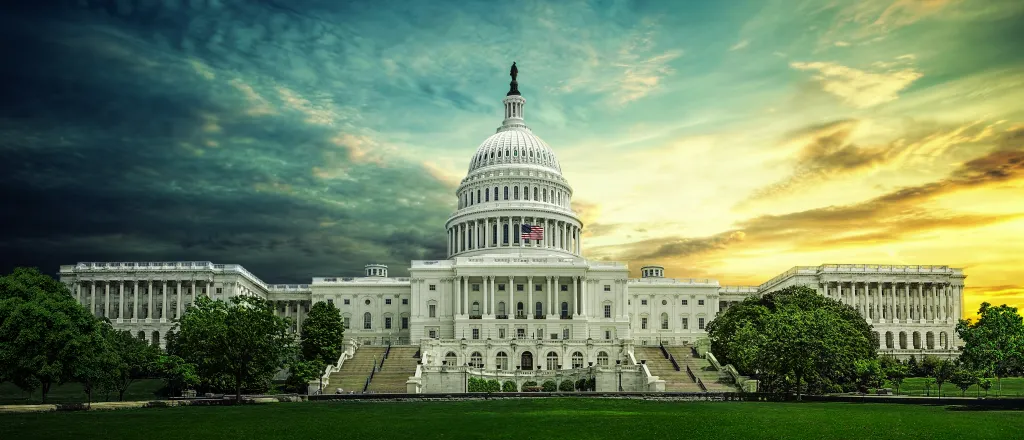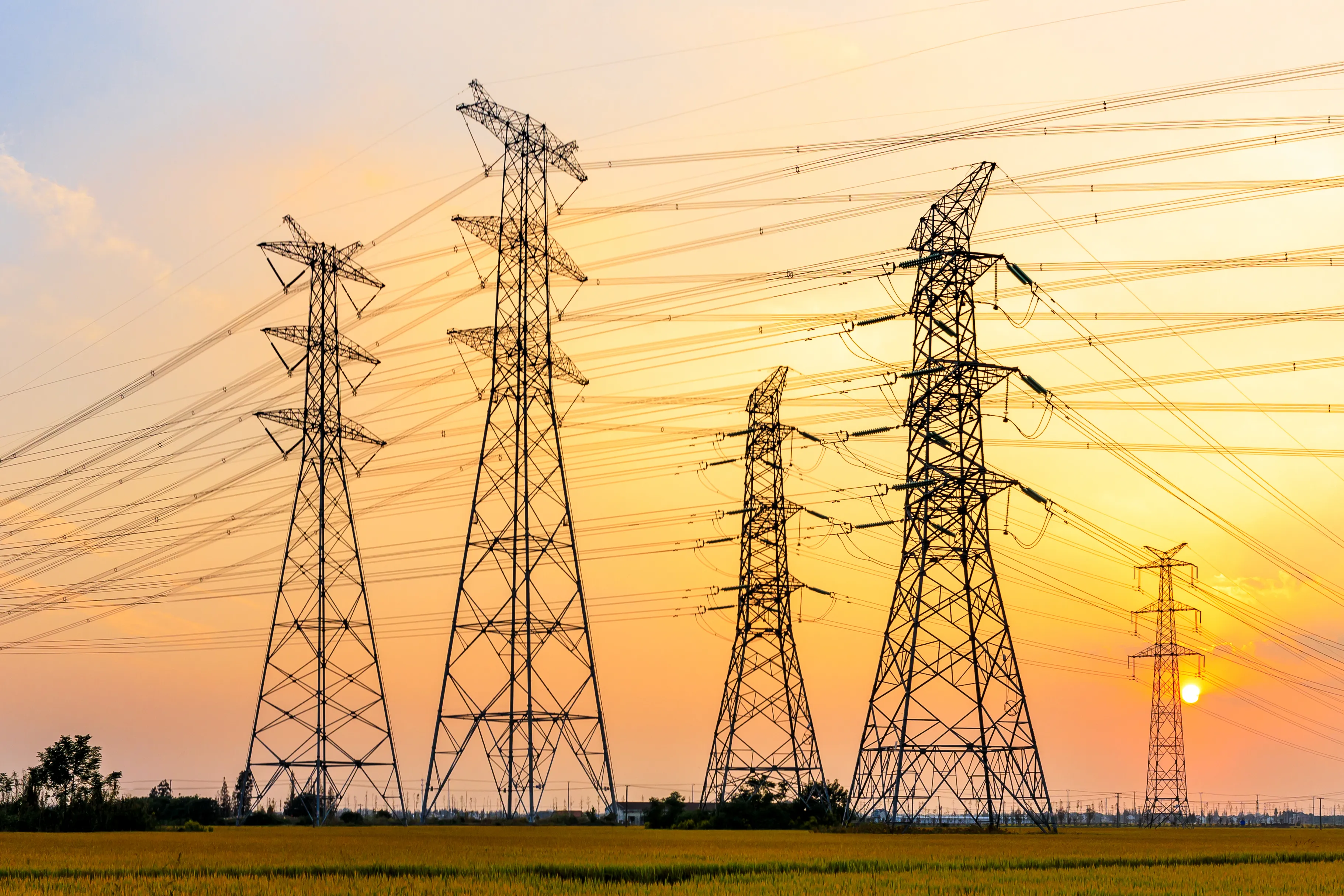
Senators introduce bill to amend rule over third-party internet content
(The Center Square) – In the wake of allegations of big tech companies suppressing political speech and news stories on their platforms, Republican senators and congressmen introduced legislation to amend Section 230, part of a federal code that regulates third-party content on the internet.
Federal Communication Communications (FCC) Chairman Ajit Pai also weighed in on Thursday after senators announced they were subpoenaing Twitter’s CEO Jack Dorsey.
U.S. Rep. Ted Budd, R-N.C., said Thursday he plans to introduce the House version of the Limiting Section 230 Immunity to Good Samaritans Act.
The bill would allow Americans to file lawsuits against Big Tech companies who breach good faith user agreements, suppress political speech and block other content, Budd’s office said. It also would prohibit Big Tech companies “from receiving Section 230 protections unless they change their terms of service to promise to operate in good faith and be subject to a $5,000 fine, actual damages, and attorney’s fees if they violate the agreement.”
The companion bill in the Senate is being drafted by Sen. Josh Hawley, R-Missouri, with four initial cosponsors: Sens. Marco Rubio, R-Florida, Mike Braun, R-Indiana, Tom Cotton, R-Arkansas, and Kelly Loeffler, R-Georgia.
Section 230 is part of the Communications Decency Act passed in 1996, formally codified as Section 230 of the Communications Act of 1934. It generally provides immunity for website publishers from third-party content.
Pai tweeted Thursday that he would move forward with rulemaking "to clarify its meaning," referring to Section 230, and that the FCC's general counsel informed him that the commission has the "legal authority to interpret Section 230."
Comprised of only 26 words, Section 230 “created the Internet,” Jeff Kossett, a cybersecurity law professor at the U.S Naval Academy and foremost expert on Section 230, told Forbes.
“Section 230 set the legal framework for the internet that we know today that relies heavily on user content rather than content that companies create. Without Section 230, companies would not be willing to take so many risks,” Kosset added.
The U.S. Commerce Department recently petitioned the FCC to clarify ambiguities in the Section 230 protections, noting that Supreme Court Justice Clarence Thomas said that the courts have applied Section 230 in a way that appears to "go far beyond the actual text of the provision."
In September, the U.S. Justice Department proposed draft legislation to reform Section 230.
In March, President Donald Trump signed an executive order attempting to limit the ways in which social media companies were using Section 230.
“We’re here today to defend free speech from one of the greatest dangers it has faced in American history,” Trump said.
Social media companies like Twitter and Facebook "that engage in censoring or political misconduct," under the order, would no longer have the same protections.
Trump also said the order directs the Federal Trade Commission to stop social media from "engaging in any deceptive acts or practices affecting commerce."

















